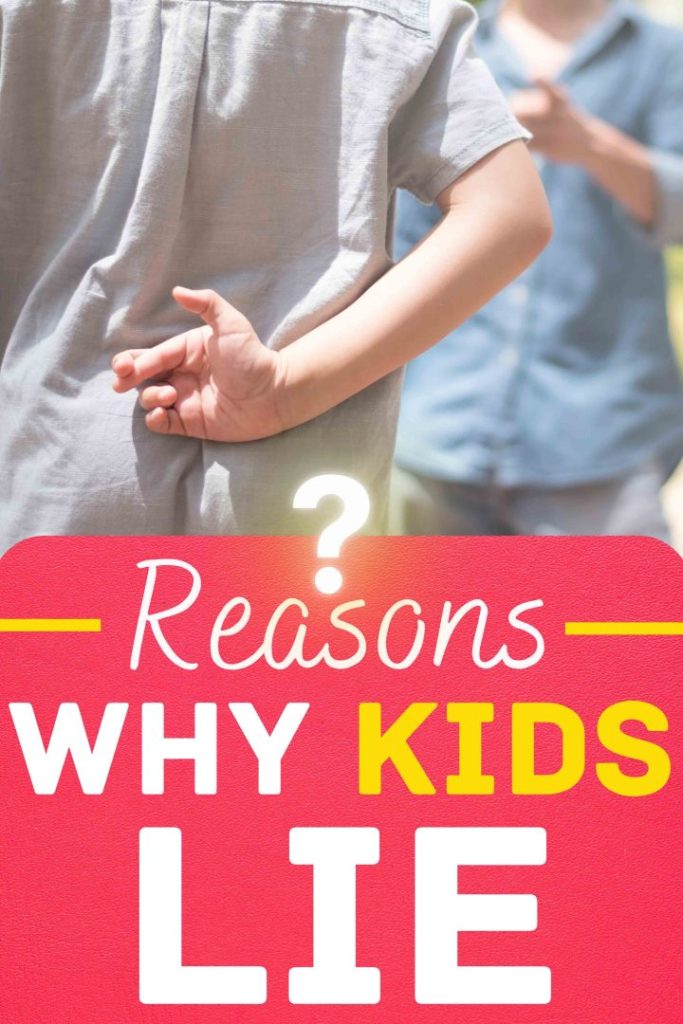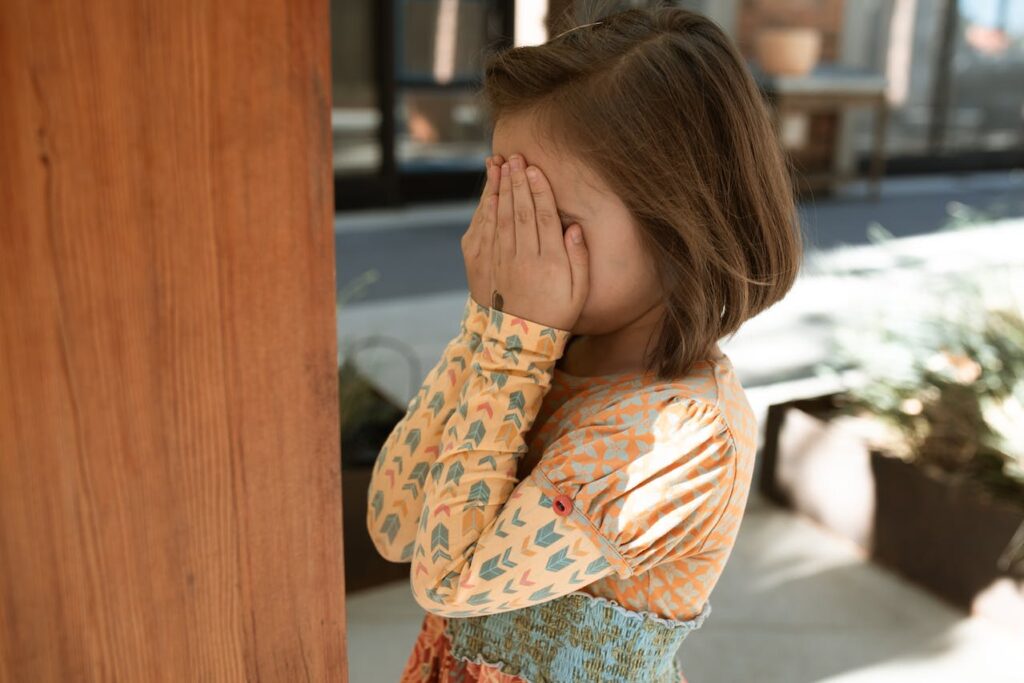I would be lying if I said that it was easy for me to write this article and that I am sure that it will be good and widely read. Instead, I’m actually afraid that you, the readers, will punish me with a negative comment.
Punishment! Yes, that is the basis of every lie, even among children. But is that the only reason for the lies that children sometimes tell?
– “It’s not me”
– “I wasn’t there when it happened, I don’t know who did it”
– “Mom, everyone did the same thing, but I was the only one who got punished by the teacher.”
These are just a few examples of lies or excuses, no matter how we interpret them. Let’s try to get deeper into the nature of a child’s lie.
Why Kids Lie and When Do They Start

Experts have concluded that children until the age of 4 cannot understand what is a lie and what is true, because then their imagination develops and they start to think in a somewhat abstract way.
Since we know that children are like sponges, it is not surprising that sometimes their lies are just something they heard from adults or their siblings and used when they thought it was appropriate – without thinking about whether it was true or not.
In addition, children at this age live in a world of imagination where they can turn everything into a game, including lying – and if it saves them from some trouble when they do something they shouldn’t, then why not use a lie? 😊
An experiment done by the National Library of Medicine involved children from 3-7 years old who were asked not to peek at the box with toys.
Among 33 children under 3 years old, 29 actually peaked at the toys, and 38% lied about their actions. Whereas, the children between 4-7 years old, the majority of them lied about peeking at the toys. This study shows that as children grow older, they are more likely to lie.
Here are some reasons why children lie. We started this article with one of them:
Avoidance of punishment
Lying in order to keep the child from being punished or getting into trouble is very common.
Making up stories
When young children tell a lie, it is almost always obvious. They try to bring their imaginary world to life. As parents, you take the time to listen to your child’s story, which is a product of his imagination.
Sometimes he uses it to fight some of his life challenges (baby in the home, new home, starting school, etc.) and you can use this as a nice opportunity to develop good communication with your child.
Keeping the peace
Children sometimes lie in order not to make you angry but also to appear more important and better in front of their friends. Children with a lack of self-confidence have this most often.
Avoiding awkward conversations
Your child may also lie to avoid a conversation or discussion with you about something difficult for him, something that is stressful for him. In order not to repeat such situations and reactions on your part, the easier way is to lie.
The lie as a result of parental pressure
Placing pressure on the child makes you responsible for their tendency to lie. For example, insisting on eating a whole plate of soup that is not the child’s favorite, the next time you see a clean plate, when in fact it has been poured into the sink, and many similar examples.
These are just a few reasons, and there are some others, and most of them are caused like the last one mentioned above, which are the result of projecting our expectations from children.
Signs That Children are Lying

The best lie detector is the parent’s heart. But there are still some signs that may indicate that your child is not telling the truth.
- The child repeats the last phrase of the conversation with you, to get time to remember a more convincing answer
- His facial expression changes or some specific movements appear itchy nose, quieter speech, playing with his feet, etc.
- If the child is not very talkative, excessive talkativeness, confusion appears
- Redness or paleness
- Pause before answers
The Relationship Between Lying and Age

A 3-year-old can hide your hairpin and tell you he doesn’t know where it is. It’s some joke they want to see your reaction. Sometimes a stern look or a slightly raised voice is enough and the child will not repeat the lie.
Until the age of 5, children live in their fantasies and then it is best to play with them and enter their fairy tales. These are nice made-up lies as part of their imagination and have no consequences.
Already at the age of 8-9, children lie consciously, they know exactly what is fiction and what isn’t. Here the lies are for selfish purposes.
Lies under the age of 15 are usually the result of parental prohibitions. It is very important to teach your children to speak the truth before this age.
How to Encourage Children to Speak the Truth

First of all, you must be a real example to your child. Even when you use a “white lie” to protect someone else’s feelings, you need to explain it to your child. Also, don’t react negatively, stay calm, don’t yell at him for disappointing you, etc., and try to understand the lie and stay calm and listen to your child.
Whether you suspected that he was lying to you or admitted to lying to you, it is extremely important to keep the door open to communication. Talk about what happened and find a solution that will lead to the child being honest next time. Remember that trust is a two-way street.
And what you must not forget is to establish clear and unchanging boundaries and rules, which both you and the child will respect. Try to avoid catching the child in a lie.
Find a different approach. Try reminding and offering your help with an obligation that the child previously lied to you about. A wonderful way to tell the truth is to praise him for his honesty when he admits his mistakes and lies.
If the child tells a lie that you are sure is true, react calmly, give him another chance to explain, and talk to you again.
Not All Lies Have the Same Weight, the Consequences Should Correspond to That
As we saw earlier in the text, children’s lies change with age, in line with the development of their cognitive abilities.
We should react to lies according to their age, capacity, gravity of the lie and consequences. Consequences should be designed for each age to help the child overcome his bad behavior and replace it with an acceptable one.
Perhaps the best solution is to ask your child to choose the consequence of the lie. Give him the chance to choose the consequence that he thinks will motivate him not to lie to you next time.
I’m sure you’ll be surprised to hear what your child thinks will help him the most, and that will be the motivating factor you as parents have been looking for.
ALSO READ: How to Get Your Child to Listen to You







